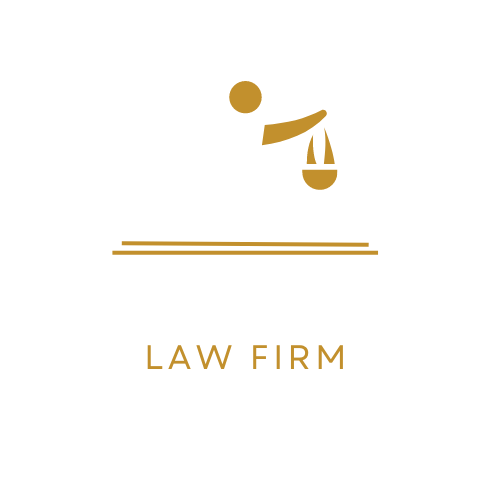Law school applications may seem intimidating at first, but taking time and care in planning can make the experience enjoyable!
Begin by researching schools. Gain an in-depth understanding of their admissions requirements and deadlines before registering with LSAC’s Credential Assembly Service (CAS), which will enable you to submit all your credentials including LSAT scores, transcripts and letters of recommendation in an official report for law schools to review.
1. Research
Many law schools accept applications on an ongoing basis until classes fill up, yet applying early can give you an edge. You should organize all your research and applications carefully and follow LSAC’s guidelines. Complete your personal statement as well as request from recommenders letters that emphasize your strengths to sell yourself as a candidate to admissions committees.
When considering taking an unconventional path to legal school, focus on your unique experiences and how they will contribute to becoming a lawyer. Focusing on depth rather than breadth in extracurriculars and work experience will put you ahead in interviews – they may ask why you applied to certain law schools which will reveal insights about their mission and culture.
2. Writing
Applying to law school can be a time-consuming endeavor, involving studying for and taking the LSAT; asking professors for recommendation letters; and organizing summer experiences that highlight your resume. Therefore, it’s wise to start early so your letters and personal statement have sufficient time for revision and proofreading before submission deadlines arrive.
Most law schools require two letters of recommendation from people who know and can discuss your academic and professional accomplishments openly and in depth. When selecting recommenders, be careful who you choose as they must also know you well enough to discuss these achievements with you in detail.
Many schools also require optional or supplementary essays as an opportunity for applicants to demonstrate their interest and stand out among other applicants. Make the most of these opportunities!
3. LSAT
The LSAT can be an intimidating hurdle when applying to law school; however, it should not be used as the sole criterion when making your selections.
Retake the LSAT several times and plan your studies carefully; remembering that retakes may be considered depending on individual cases.
Create an eye-catching personal statement and use essay prompts as an opportunity to demonstrate your writing abilities. Ask professors, mentors and other trusted individuals for letters of recommendation as these can speak directly to your character, leadership qualities and passions. If there have been obstacles or upbringing difficulties that shaped who you are as an individual; make sure that these are highlighted within your personal statement – admissions committees value applicants with comprehensive stories which include professional experience.
4. Interviews
Summer can be an ideal time for taking the LSAT, visiting law schools and crafting personal statements. Additionally, if applying to schools requiring letters of recommendation letters it’s also wise to contact potential recommenders prior to deadline so they can begin their evaluations before their deadline passes.
Admissions committees look for evidence that you are open-minded, capable of engaging in dialogue with people from diverse perspectives and eager to learn. They are also interested in seeing that you can articulate your goals for law school and how you intend to meet them.
Applicants will need to submit all transcripts and test scores through LSAC’s Credential Assembly Service (CAS) in order to be distributed to their targeted law schools, with LSAC charging an administration fee for this service.
5. Financial Aid
Law school can be an expensive investment, and financial aid may not always be guaranteed. That’s why applying early is so crucial: more complete applications make an impressionful impression with admissions officers while those rushing may make mistakes or leave out vital details.
Students enrolled in legal writing, constitutional law, criminal and civil law and contracts courses take core classes during the first year. In addition, they learn case-method teaching which involves reading and discussing court cases with professors and classmates.
LSAC collects transcripts, letters of recommendation and other materials needed for applications to ABA-accredited law schools – an invaluable service recommended to expedite the process for applicants looking for assistance. Furthermore, they assist applicants in comparing financial aid packages as well as attending admitted student open houses, orientations or other events.

